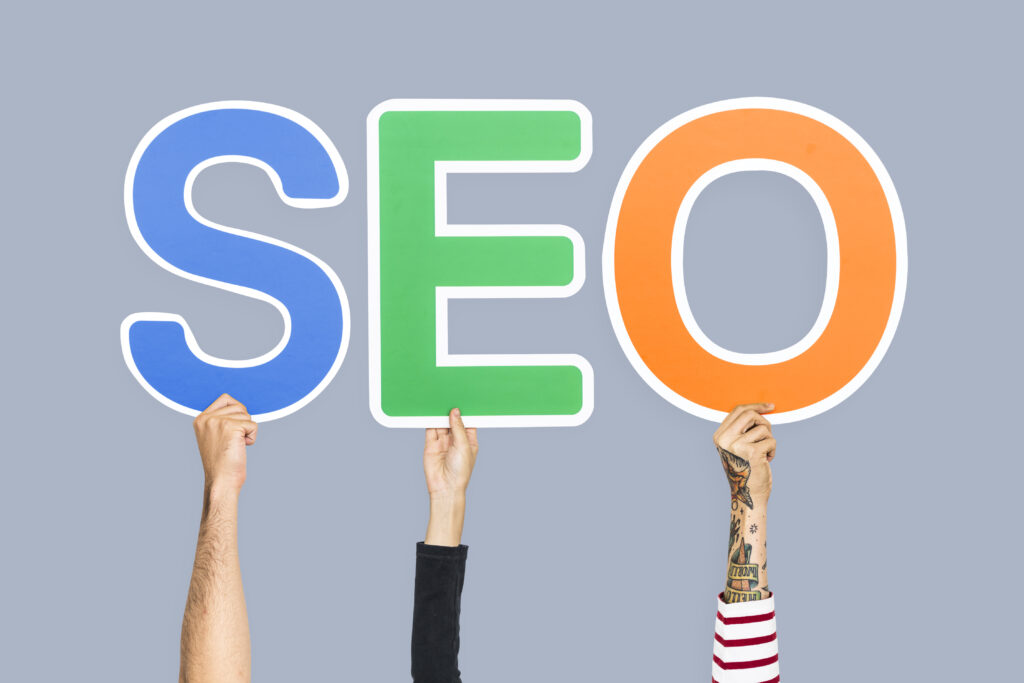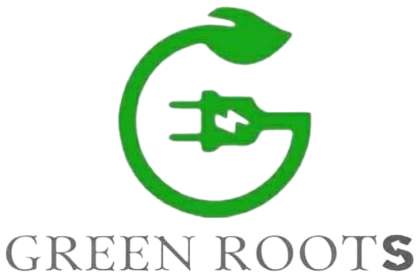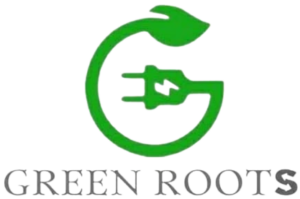Introduction
In the world of digital marketing, search engine optimization (SEO) plays a crucial role in driving organic traffic to your website. While off-page SEO tactics like link building and social media promotion are important, on-page SEO is equally essential. On-page SEO refers to the optimization techniques implemented directly on your web pages to enhance their visibility and ranking on search engine result pages (SERPs). In this article, we will delve into the key elements of on-page SEO and explore how you can optimize your web pages for better search engine performance.

Meta Tags
Meta tags are snippets of HTML code that provide information about a web page to search engines. The two most important meta tags are the title tag and meta description. The title tag appears as the headline in search results, while the meta description provides a brief summary of the page’s content. By crafting compelling and relevant meta tags, you can entice users to click on your link, thereby improving your click-through rate (CTR) and increasing your chances of ranking higher
URL Structure
Creating search engine-friendly URLs is another crucial aspect of on-page SEO. A well-structured URL that includes relevant keywords can make it easier for search engines and users to understand the page’s content. It is recommended to keep URLs concise, descriptive, and separated by hyphens. For example, “https://www.example.com/on-page-seo” is more effective than “https://www.example.com/page1?id=12345“.
Heading Tags
Heading tags (H1, H2, H3, etc.) are HTML elements that define the headings and subheadings within your content. These tags not only provide structure to your web page but also assist search engines in understanding the hierarchy of your content. Properly optimized heading tags that incorporate relevant keywords can help improve your page’s visibility in search results.
Keyword Optimization
Keyword optimization involves strategically incorporating relevant keywords throughout your content, including in the page’s title, headings, body text, and image alt attributes. However, it is important to strike a balance and avoid keyword stuffing, which can lead to penalties from search engines. Focus on creating high-quality, engaging content that provides value to your audience while naturally incorporating keywords.
Content Optimization
The quality and relevance of your content are paramount for both users and search engines. Aim to create comprehensive, well-researched, and informative content that addresses the search intent behind the targeted keywords. Ensure that your content is unique, engaging, and easily readable. Including multimedia elements such as images, videos, and infographics can enhance user experience and increase the time spent on your page, signaling search engines that your content is valuable.
Internal Linking
Internal linking refers to the practice of linking to other pages within your website. It helps establish a hierarchical structure, spread link equity, and improve user navigation. By strategically linking relevant pages, you can guide search engine crawlers to discover and index your important content, while also providing users with additional resources and encouraging them to explore more of your website.
Mobile Optimization
With the increasing use of mobile devices for browsing the internet, optimizing your web pages for mobile is crucial. Ensure that your pages are mobile-friendly, with responsive design, fast loading times, and intuitive navigation. Google and other search engines prioritize mobile-friendly websites, so optimizing for mobile can significantly boost your chances of ranking higher in mobile search results.
Conclusion:
On-page SEO is an integral part of any successful digital marketing strategy. By implementing the optimization techniques discussed in this article, you can enhance your web pages’ visibility, attract organic traffic, and improve your website’s overall performance in search engine rankings. Remember to focus on providing high-quality content, utilizing relevant keywords, and optimizing various on-page elements to ensure your web pages are optimized for both search engines and users.

